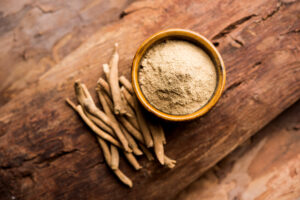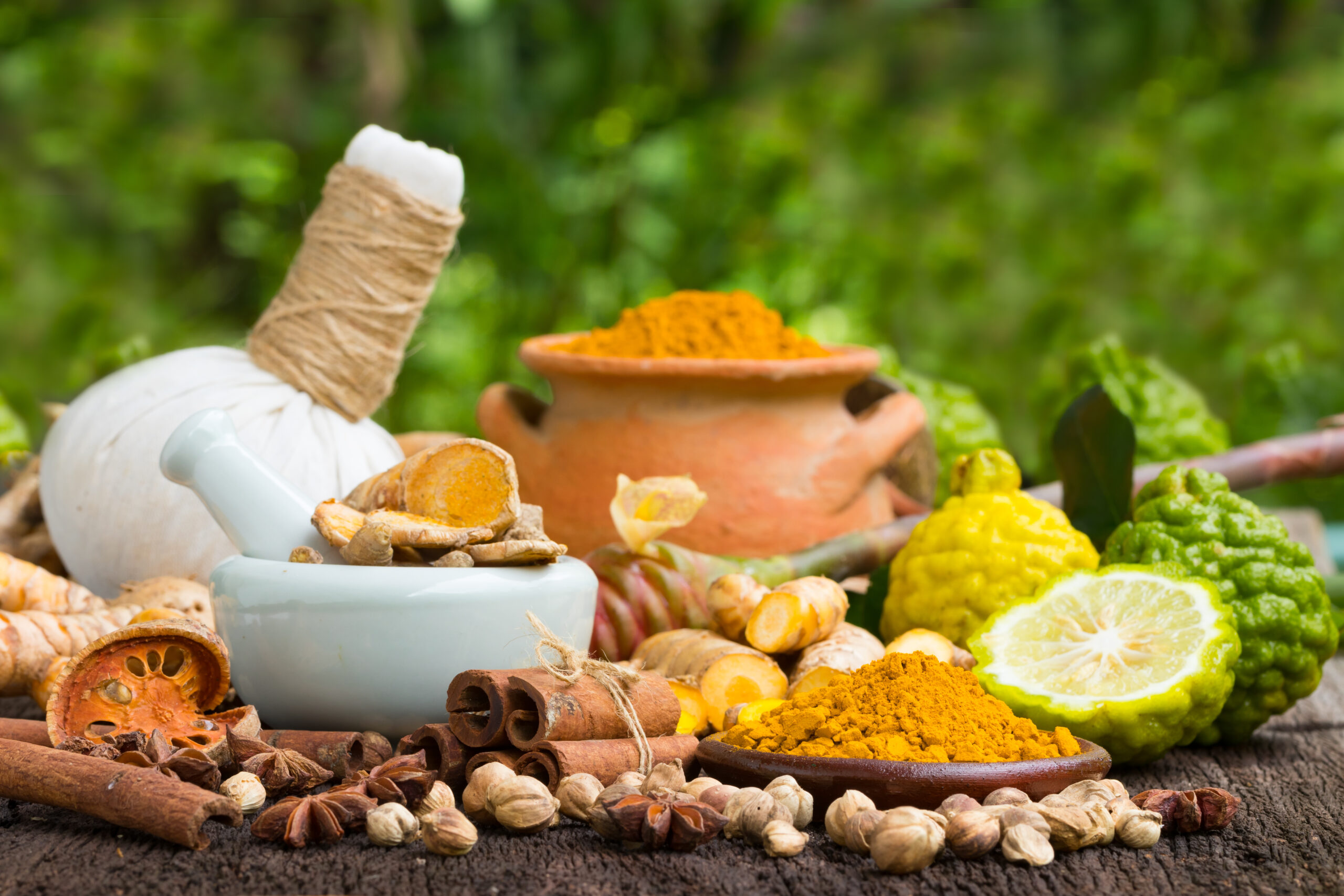Herbs That Heal: Is Ashwagandha Herb Suitable for Everyone?
Among herbal remedies, the ashwagandha plant stands out, capturing considerable attention. You’ve probably caught the buzz about this adaptogenic herb known for its wide-ranging health benefits. Ashwagandha has been used for centuries in traditional Ayurvedic medicine for many of today’s ailments—poor sleep, stress, and fatigue. But is Ashwagandha truly a panacea for all?

Understanding Ashwagandha Herb
From the Ayurvedic perspective, Withania somnifera or Winter Cherry aka Indian Ginseng is considered a Rasayana or rejuvenating for its potent ability to restore depleted tissues, frazzled nerves, and low sexual energy. With benefits ranging from blood sugar balance to antidepressant properties, certainly, everyone can benefit from this magic herb. The answer is a little more complex.
The Benefits of Ashwagandha Plant
- Stress Reduction: One of the most well-documented benefits of Ashwagandha is its ability to combat stress and anxiety. Research suggests that Ashwagandha may help reduce cortisol levels, the body’s primary stress hormone, thereby promoting a sense of calm and relaxation.
- Improved Mental Health: In addition to its stress-relieving properties, Ashwagandha may also support mental health and cognitive function. Studies have shown that Ashwagandha may help improve memory, concentration, and overall cognitive performance.
- Enhanced Immune Function: Ashwagandha is believed to possess immune-modulating properties, which may help strengthen the body’s natural defenses against infections and illnesses. By supporting immune function, Ashwagandha may help promote overall health and well-being.
Considerations and Potential Risks
While Ashwagandha Herb offers numerous potential benefits, it’s important to recognize that it may only be suitable for some. Some considerations include:
- Traditionally, the roots of the plant are used for medicine. These roots are starchy, dense, heavy, and oily, often difficult to digest. So individuals with low digestive fire or agni may want to avoid this plant. To improve digestibility, traditional preparations will pair the herb with a carrier. Some examples of effective carriers are ghee, honey, or boiled milk with black pepper or cinnamon. Simply taking capsules of the powdered herb will not have the same effect and those with weak digestion (hello, vatas) may have a hard time getting any benefits. As with any medicine, dosage and duration should be considered. Ashwagandha can be quite heating and hard on the liver when taken long term.
- Pregnancy and Breastfeeding: Ashwagandha should be avoided during pregnancy and breastfeeding due to limited safety data.
- Those with a female hormone imbalance might want to avoid Ashwagandha as it promotes testosterone. In cases of PCOS or Polycystic Ovarian Syndrome, the individual has an excess of androgens (testosterone) so Ashwagandha is contraindicated. If you experience acne along the chin or weight gain in your midsection and hips, you may already have elevated testosterone, and taking Ashwagandha could worsen the problem. Still, a case can be made for using Ashwagandha to treat hormonal imbalances because of its adaptogenic properties, helping the body to cope with stress and lower cortisol. It is known to support the adrenals and thyroid function – key pieces when working to balance hormones. Because of these complexities, if you suffer from menstrual issues or hormone imbalance, you should work with an experienced practitioner to find an approach that works best for you.
- Autoimmune Disorders: Finally, those with auto-immune conditions may want to rethink this one. As an adaptogen, it upregulates the immune system and helps the body respond to stress. But people with conditions like rheumatoid arthritis, lupus, Hashimoto’s thyroiditis, and type 1 diabetes may experience harmful effects when their system is pushed into overdrive.
- Thyroid Disorders: Ashwagandha may affect thyroid function and should be used with caution by individuals with thyroid disorders, especially those taking thyroid medications. The same goes for those with hyperthyroid such as in Grave’s disease. Ashwagandha will stimulate the thyroid and worsen an overactive thyroid.
Consult with a Healthcare Professional
Before incorporating Ashwagandha Herb into your wellness routine, it’s important to consult with a qualified Ayurveda Practitioner, especially if you have underlying health conditions or are taking medications. An Ayurveda Practitioner can help determine whether Ashwagandha is safe and appropriate for your individual needs.

While Ashwagandha Herb holds promise as a natural remedy for stress, anxiety, and overall well-being, it’s not a one-size-fits-all solution. As with any herbal supplement, it’s essential to approach Ashwagandha with caution and consult with an Ayurveda Practitioner before use. By understanding the potential benefits and considerations associated with Ashwagandha, you can make informed decisions about incorporating this ancient herb into your wellness routine.



